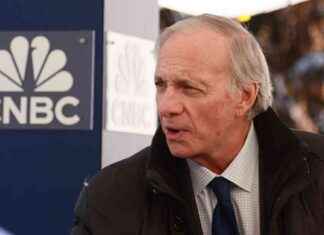The US Presidential election is a hot topic right now, causing volatility in the market and making the Fed’s job more challenging. Recent events, such as the gun attack on Donald Trump and President Biden’s withdrawal from the candidacy, have increased the likelihood of Trump securing a second term in the White House.
Despite strong economic data, the market is anticipating a 25bps rate cut by the Fed in September, the first since March 2020. A special report highlighted similarities between the current market conditions and those in 2006-07, suggesting a potential correction in the S&P 500 index, a drop in the US 10-year yield, and a stronger yen against the US dollar leading up to the Fed meeting in September.
It’s interesting to note that this is the first time since 2000 that the Fed is easing monetary policy before a Presidential election. In 2000, Chairman Greenspan chose not to adjust policy to avoid criticism of interference in the election process.
Analyzing the performance of key market assets in the two months leading up to the election, historical data from the last six US Presidential elections reveals some negative trends. WTI oil futures and the S&P 500 index tend to drop, reflecting investor anxiety. Sectors such as real estate, consumer staples, and communication services are particularly sensitive to election uncertainty.
Elections typically impact stocks more than other asset classes, as they influence consumer sentiment, business investments, and corporate decisions. The dollar’s performance before elections varies, with mixed results in different election years. On the other hand, the 10-year US yield tends to increase in the months leading up to the election due to campaign promises of increased public spending.
Examining the market’s behavior in 2016, when Trump was a candidate, reveals a strengthening dollar and a drop in gold and WTI oil prices. The S&P 500 index experienced a 2% decline leading up to the election, with the Russell 2000 index being the most affected.
Overall, the upcoming US Presidential election is expected to bring more volatility to the market, with various assets reacting differently to the uncertainty surrounding the outcome. Investors should closely monitor market trends and be prepared for potential corrections and fluctuations in the coming months.








